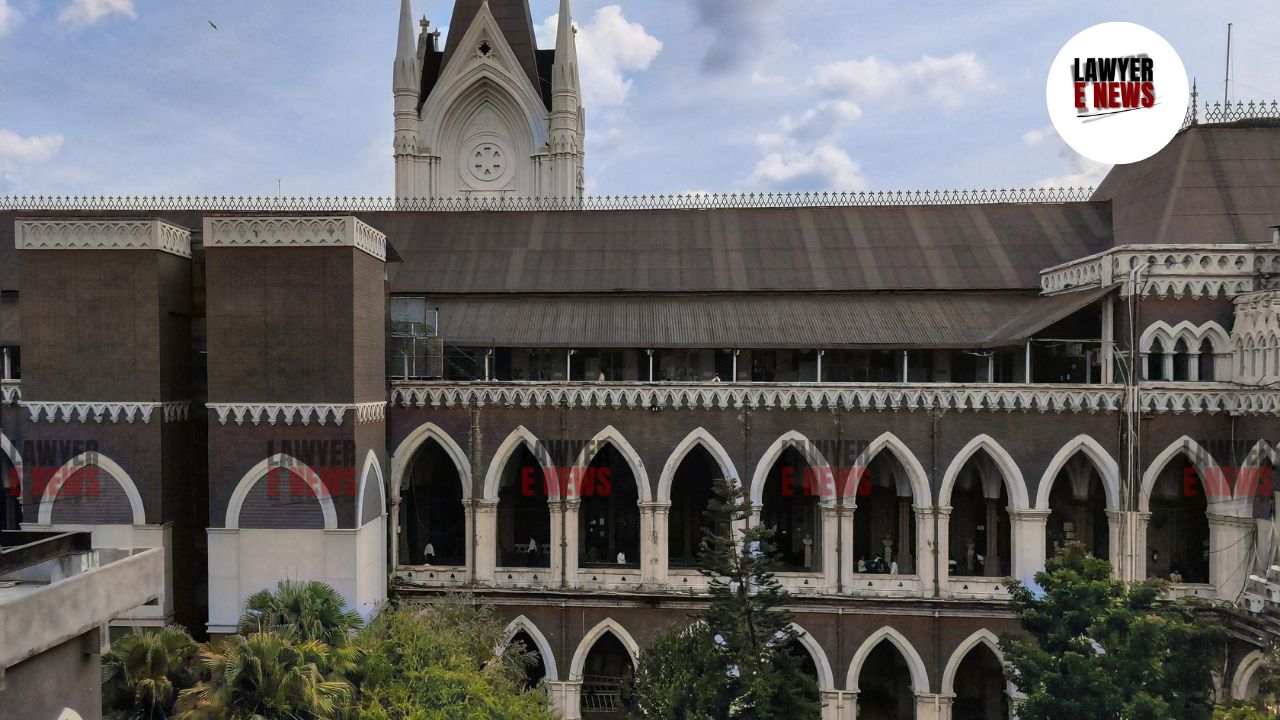-
by Admin
15 February 2026 5:35 AM



Calcutta High Court directed the Sub-Divisional Officer (SDO) of the Etamogra Irrigation Sub-Division to take steps for the eviction and demolition of unauthorized construction on government land under Dag Nos. 1320 and 1321 in Purba Medinipur. Justice Ajay Kumar Gupta ruled that the encroachment, made without proper permissions on land classified as Jola and Doba (irrigation land), violated the West Bengal Public Land (Eviction of Unauthorized Occupants) Act, 1962 and must be addressed within eight weeks.
"Public Land Encroachment: Private Respondents Cannot Seek Immunity Without Legal Sanction"
The writ petitioner, Gourmohon Giri, an ex-serviceman, alleged that private respondents (Nos. 8–10) constructed a one-story building on irrigation department land adjoining his property, blocking his ingress and egress. Despite repeated complaints to the authorities, no action was taken, prompting the petitioner to file a writ petition seeking the demolition of the illegal construction.
Justice Gupta observed: "No construction can be made on Jola and Doba land without specific permission from the appropriate authority. Encroachment upon government irrigation land violates statutory provisions and must be addressed by authorities in accordance with the law."
The High Court analyzed critical aspects of the case:
The private respondents argued that the petitioner lacked standing to bring a writ petition, given his status as a private individual with a pending civil suit regarding easement rights. Rejecting this contention, the Court held:
"A responsible citizen or affected party can approach authorities alleging violation of public land laws. The writ petitioner, as an affected neighbor, has locus standi to lodge such complaints."
The private respondents contended that the ongoing civil suit barred the writ petition. The Court clarified that the writ petition addressed unauthorized encroachment on public land, a matter distinct from the civil suit concerning private easement rights. Justice Gupta noted:
"Writ jurisdiction remains maintainable for illegal encroachment on public land, even if civil proceedings address related disputes."
The private respondents admitted partial encroachment onto government land and stated they had applied for a long-term lease of the encroached area. However, the Court found no evidence of permissions or sanctions for the construction, stating:
"The land belongs to the irrigation department. Unauthorized construction on such land is illegal without express permission and must be removed."
The Court directed the SDO to initiate eviction proceedings under the West Bengal Public Land (Eviction of Unauthorized Occupants) Act, 1962. Justice Gupta stated: "The Sub-Divisional Officer is directed to take appropriate steps against the private respondents, ensuring a proper hearing for all parties, and to remove or demolish the illegal construction on Dag Nos. 1320 and 1321 within eight weeks.
"Public Land Laws Must Be Enforced Diligently to Prevent Encroachment"
The judgment underscores the duty of authorities to act upon complaints of illegal encroachment on public land. Justice Gupta emphasized:
"Authorities are duty-bound to address violations of public land laws to uphold the integrity of public resources and ensure compliance with statutory provisions."
The writ petition was disposed of with directions for prompt action against the encroachment. Justice Gupta balanced the need for enforcing public land laws with the pendency of related civil proceedings, ensuring no conflict of decisions.
Date of Decision: November 27, 2024
